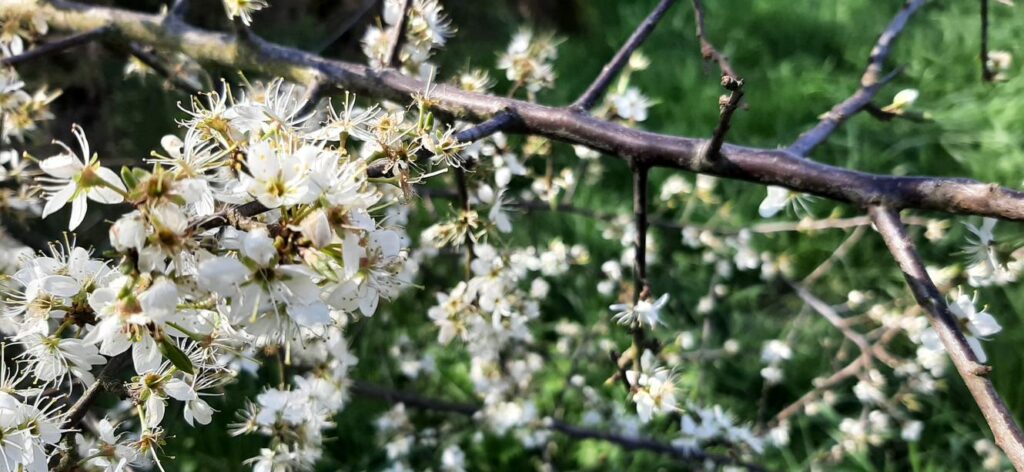In uncertain times it may seem normal to feel stressed and experience anxiety.
There is a constant stream of news reminding us of the effects of climate change, of people fleeing their countries, of the economy doing this or that, and so on. All of which reminding us that things are not as good as we might hope for.
Add to this challenges in planning we’re experiencing more and more. Not knowing well what will happen when contrasts a basic need humans have to experience structure around them. A lack that contributes to stress and thus anxiety.
But what if we’d look at it as a habit?
That’s what Naryan Pant, Professor of Management Practice at Insead, suggests.
Habits settle slowly through repetition. The more we do something, the more it feels like the normal thing to do. Which is when it may have become a habit. One we may have lost awareness of.
What this also says, is that we can replace it with a different habit. Naturally, this will not be automatic. As Professor Pant suggested, it requires starting with some fact-gathering. Do others confirm that anxiety has shifted and become more present? When does it appear? What are the thoughts that appear?
Noting thoughts is easy and always works.
To make it effective though it helps to remember that it works one thought at a time and doesn’t require noting all of them. Noting also happens without transformation, it is taking the thought as is. Which is a path allowing us to accept it as an artifact we’ve created while thinking. Intriguingly, the only way to be able to detach oneself from the thought is by accepting it first. Once we gain the ability to detach ourselves from our thoughts, we enable ourselves to choose our reaction to them. Which is when the habit can be interrupted.
The capability to interrupt circuits we are subject to is increasingly important and will become more so in the future. The last decades have added pressure to be able to lead oneself and reduced the spaces within which external leadership and containment are available.

